The Second Stage of the Biological Experiment at the Baksan Neutrino Observatory
In September 2021, the group of researchers from the Sector of Molecular Genetics of the Cell (SMGC) of the Dzhelepov Laboratory of Nuclear Problems performed Stage II of the experiment at the Baksan Neutrino Observatory (BNO) of the Institute for Nuclear Research of the Russian Academy of Sciences (INR of RAS) on the study of ultradeep microbial communities inhabiting the extreme environment near the Elbrus magma chamber. Water, soil and inorganic sediments were sampled in an underground hot spring at a distance of 4200 m away from the cross-passage entrance.
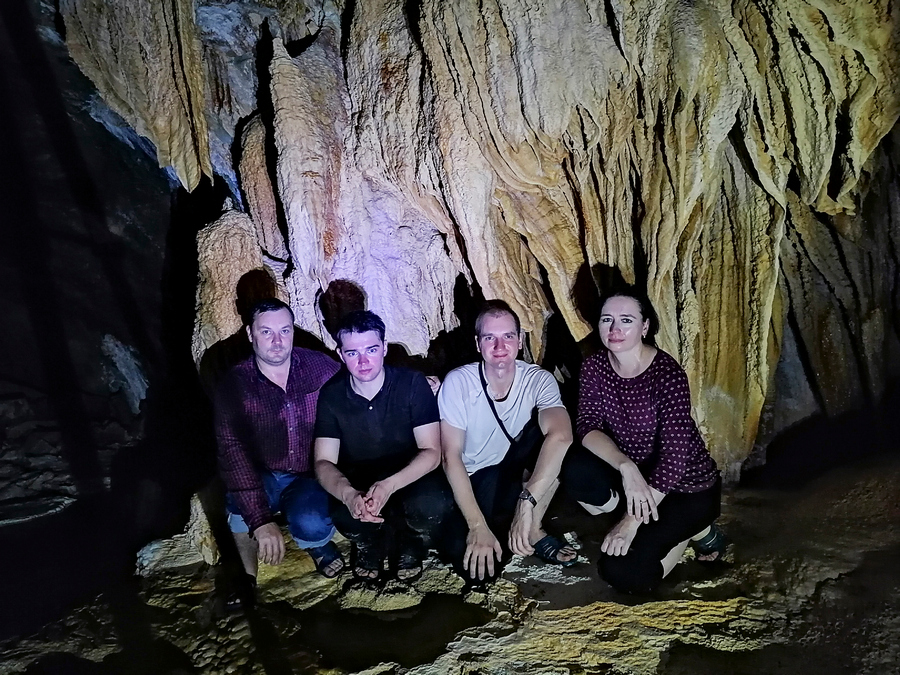
The samples will be transported to JINR where total DNA will be extracted for whole-genome sequencing. Studying the Baksan extremophile microbial community and the factors determining the existence of organisms in such a severe environment permits scientists to better investigate the origin of life on Earth, simulate habitable areas on other planets, describe new metabolic pathways of bacteria and, with a bit of luck, find new species of microorganisms from the Elbrus surrounding region. It was one of the first interdisciplinary studies of geneticists and physicists conducted at the unique experimental infrastructure of the Baksan Neutrino Observatory.
 Albert Gangapshev (Head of the Laboratory of Low-Background Research of BNO), Mikhail Zarubin, Kirill Tarasov, Elena Kravchenko (SMGC researchers) in the cross passage at a distance of 4200 m away from the entrance. Photo by Mikhail Zarubin
Albert Gangapshev (Head of the Laboratory of Low-Background Research of BNO), Mikhail Zarubin, Kirill Tarasov, Elena Kravchenko (SMGC researchers) in the cross passage at a distance of 4200 m away from the entrance. Photo by Mikhail Zarubin
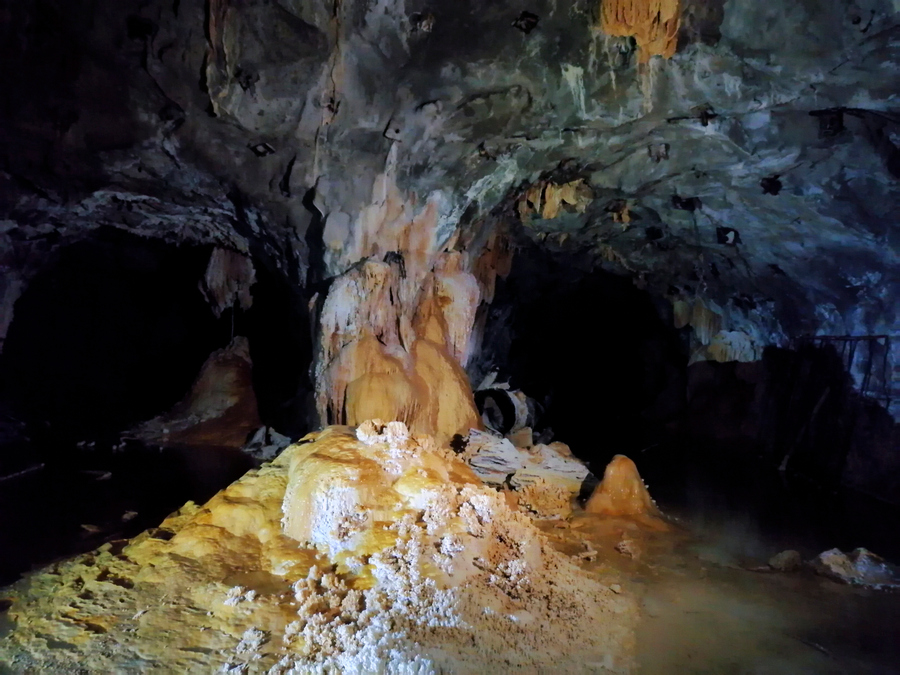 Photo by Mikhail Zarubin
Photo by Mikhail Zarubin
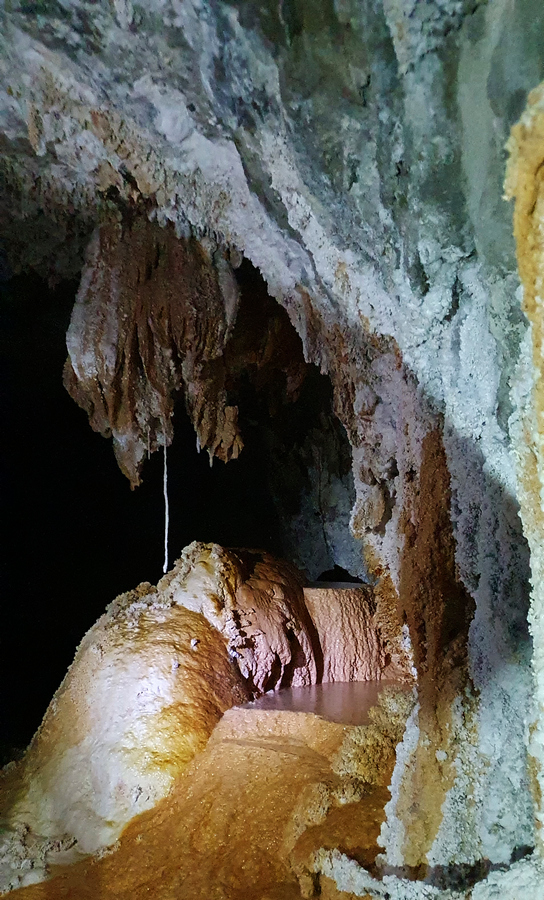 Photo by Mikhail Zarubin
Photo by Mikhail Zarubin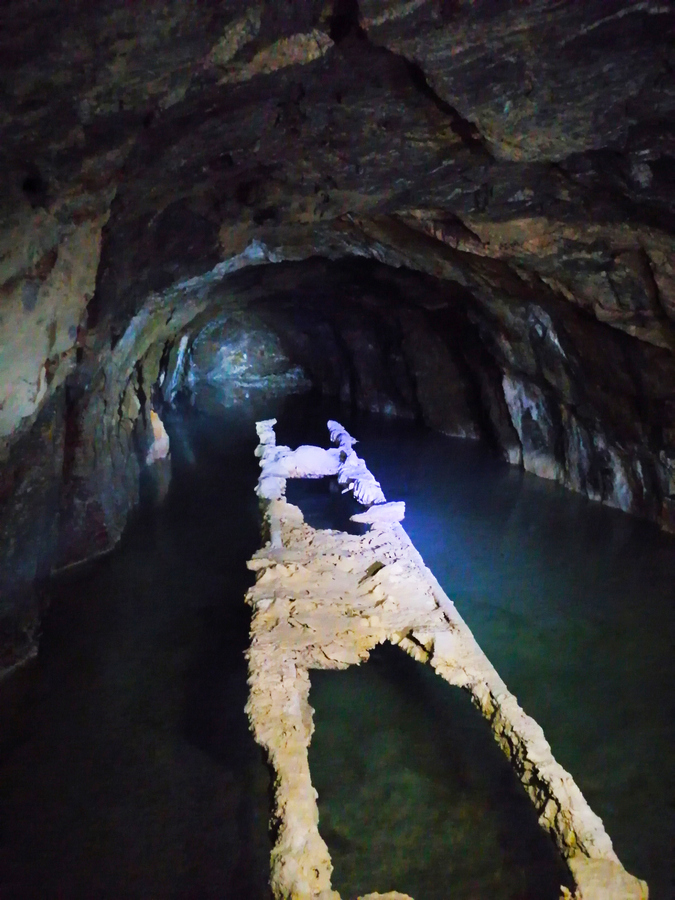 Photo by Mikhail Zarubin
Photo by Mikhail Zarubin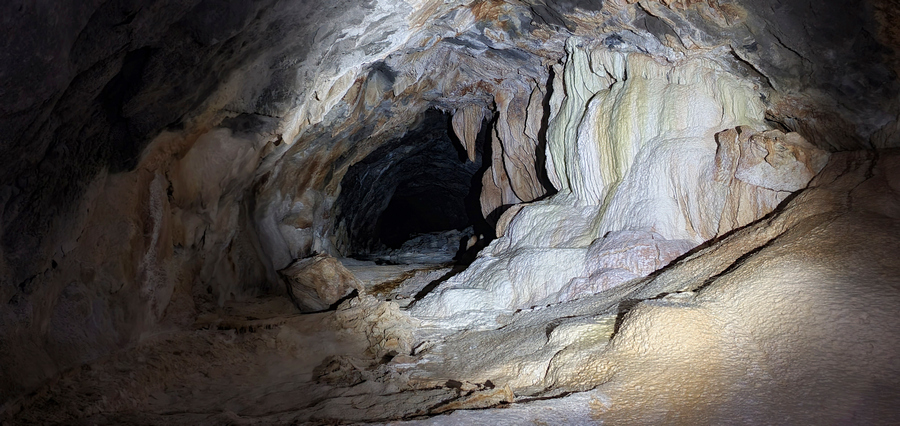 Photo by Mikhail Zarubin
Photo by Mikhail Zarubin

